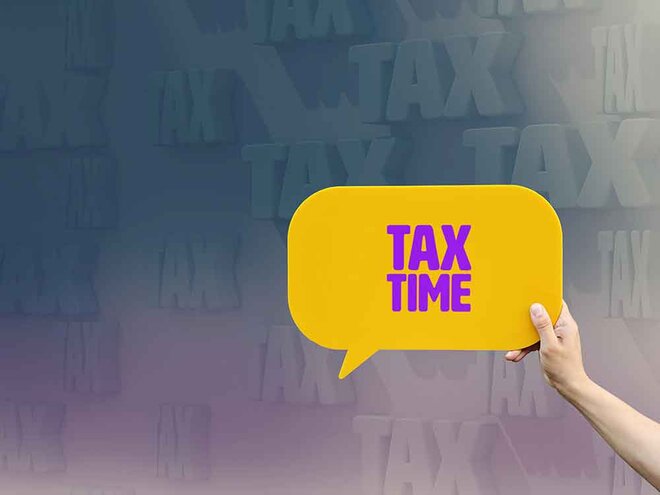
In the first part of the story, we discussed a flow chart that can be used to make a quick decision regarding your tax-saving investments options. Now let's continue further and see what are the best tax-saving options available for you as per your needs.
This article was originally published on March 15, 2022.









